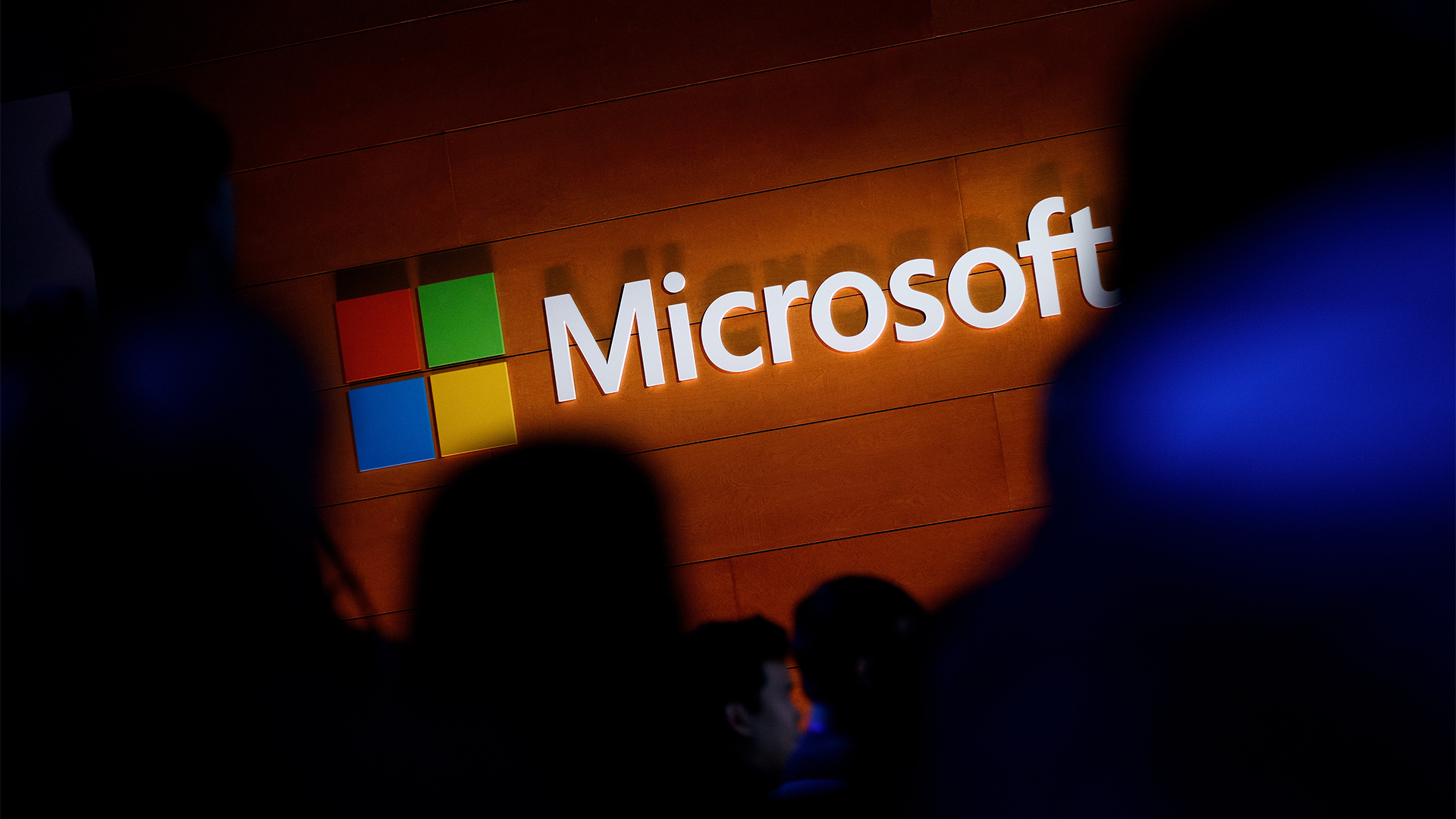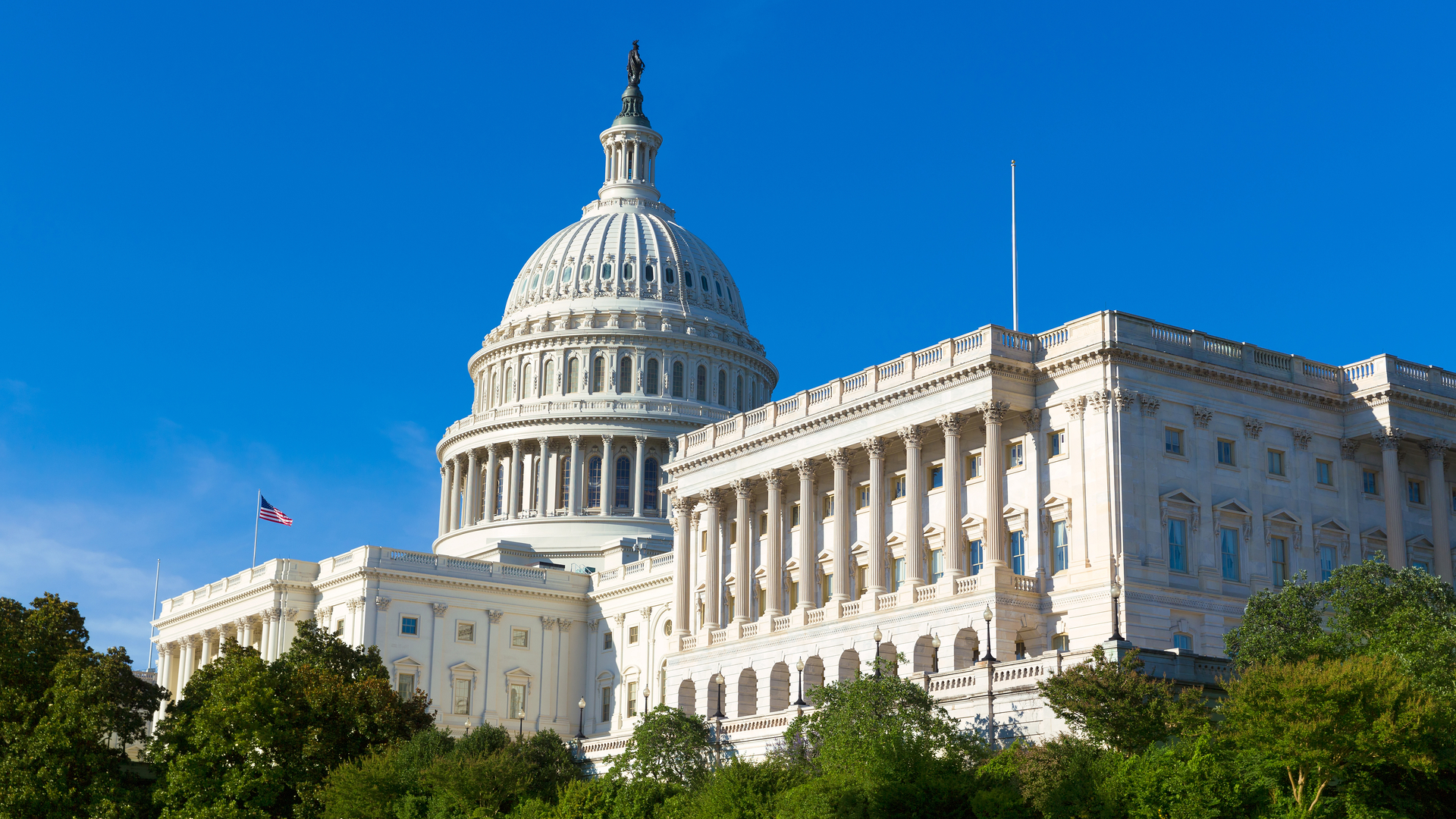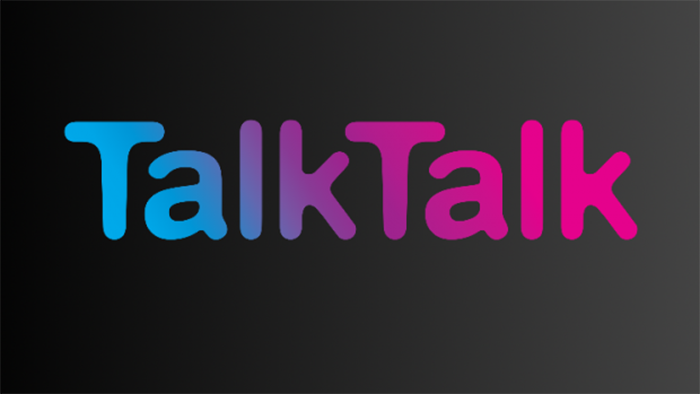ISPs criticised for lenient stance on illegal downloads
New proposals will see ISPs write to illegal downloaders, but they won't be threatened with legal action

Moves to combat online film and music piracy with the help of the ISP community have been criticised for being too lenient.
The big four ISPs - BT, Sky, Talk Talk and Virgin Media are close to striking a deal with the BPI and the Motion Picture Association (MPA) to clamp down on individuals who illegally download music and films online.
As part of this, repeat offenders will receive "educational" letters from their ISPs that will reportedly point them in the direction of sites offering legal download services.
Individuals will receive a maximum of four such alerts, in the form of either a written letter or email, but they will face no further action from their ISP after this point.
The ISPs will only be allowed to send out 2.5 million of these warnings per year, although this number is expected to go up if other ISPs decide to join the scheme.
The first letters are expected to be sent out next year.
According to a report on the BBC, the original draft proposals suggested these letters should warn people who repeatedly download illegal content about the legal implications of their actions.
Sign up today and you will receive a free copy of our Future Focus 2025 report - the leading guidance on AI, cybersecurity and other IT challenges as per 700+ senior executives
The BPI and MPA had also originally requested access to a database listing details about repeat offenders, so that they could pursue legal action against them.
However, the final draft of the proposals which have been four years in the making contain no mention of either of these measures.
In a statement, the MPA and BPI said: "Content creators and ISPs, with the support of government, have been exploring the possibility of developing an awareness programme that will support the continuing growth of legal creative content services, reduce copyright infringement and create the best possible customer experience online."
Andrew Goode, COO of ad tech provider Project Sunblock, hit out at the plans, claiming the ISPs' proposed letter writing campaign will not stop people downloading content illegally.
"Sending out letters to consumers won't come close to quelling the tide of illegal downloads from sites like the Pirate Bay. Letters issued by ISPs will be entirely unenforceable and without threats of punitive measures, like internet throttling, it simply won't work and, even worse, the initiative targets the wrong side of the illegal download exchange," he said.
"Instead of targeting consumers, what's needed is to cut off the flow of advertising revenue that fuels these copyright infringing sites. These sites are funded almost exclusively by ad revenue, which in many cases comes from some of the UK's biggest brand names."
Therefore, he wants to see more being done to cut the flow of ad revenue to the sites that facilitate illegal downloads.
"Advertisers must act in collaboration with the police and other enforcement bodies in order to make any real impact; otherwise, letters from ISPs will fall on deaf ears," he added.
-
 The six biggest security challenges coming in 2026
The six biggest security challenges coming in 2026In-depth What will be the main challenges businesses face in 2026 and what can they do to prepare?
-
 Channel focus: All you need to know about Microsoft's partner program
Channel focus: All you need to know about Microsoft's partner programChannel Focus The veteran OS developer and vendor continues to advance its strategy, particularly in Azure cloud solutions and AI
-
 New malware uses search engine ads to target pirate gamers
New malware uses search engine ads to target pirate gamersNews MosaicLoader uses advanced obfuscation techniques to avoid detection
-
 US big tech suffers as federal privacy bill delayed
US big tech suffers as federal privacy bill delayedNews Firms must comply with California's strict data laws in lieu of a federal bill
-
 Liberty defeated in ‘snooper’s charter’ legal challenge
Liberty defeated in ‘snooper’s charter’ legal challengeNews High court rules the government’s Investigatory Powers Act doesn’t breach human rights
-
 Premium email firm Superhuman ends pixel tracking after backlash
Premium email firm Superhuman ends pixel tracking after backlashNews The email plugin startup removed read receipts by default after accusations of surveillance
-
 GDPR is not enough to win back customer trust
GDPR is not enough to win back customer trustIn-depth When it comes to building new services, industry experts believe there should be a collective responsibility for data security
-
 UK Prisons trial facial recognition to stop drug smugglers
UK Prisons trial facial recognition to stop drug smugglersNews Biometric technology used to catch visitors supplying contraband
-
South Wales Police given ultimatum to drop facial recognition tech
News Ex-councillor Ed Bridges has given the force two weeks to drop tech that "violates privacy rights"
-
 “It’s the legacy that gets you”, warns ex-TalkTalk boss
“It’s the legacy that gets you”, warns ex-TalkTalk bossNews Dido Harding urges companies to decommission unsecured legacy systems to avoid a costly data breach